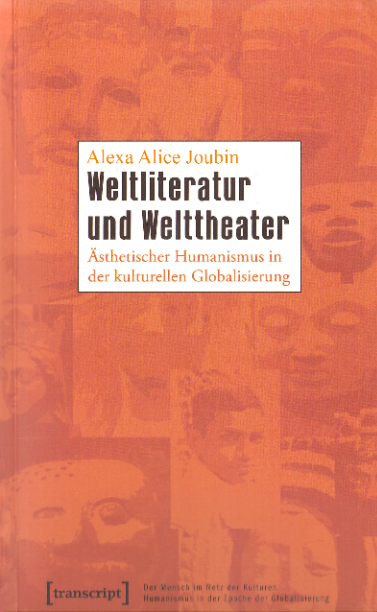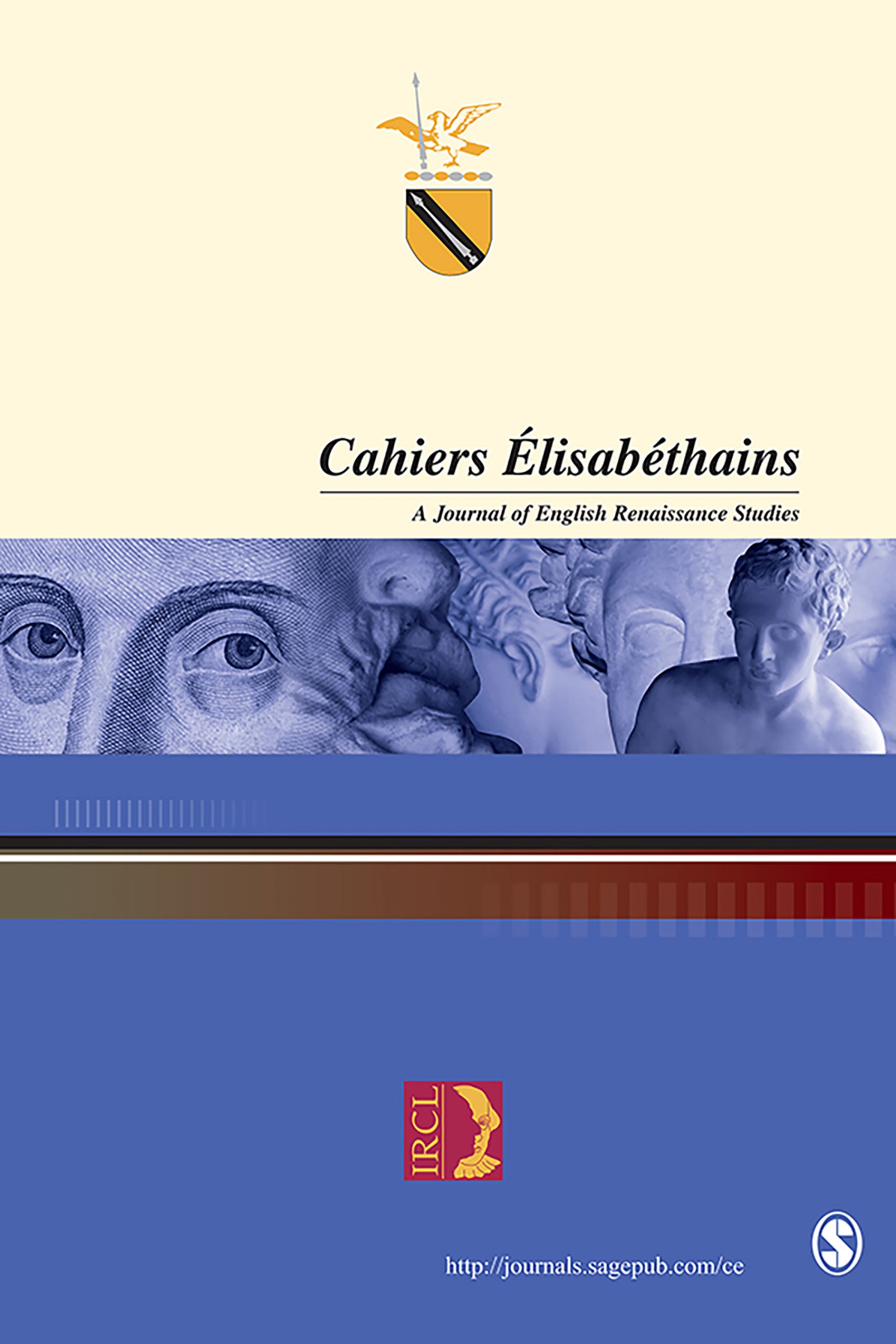Bielefeld, Germany: Transcript Verlag, 2012
Book Description in English: World Literature and World Theatre: Aesthetic Humanism in Cultural Globalization argues that the aestheticization of humanistic concerns—the act of converting the human experience to art—is a key force in cross-cultural exchange. The book investigates the relationship between the creation of enduring personal narratives and “humanism”– a secular investment in shared cultural values. Artistic humanism can counter such practices of subjugation as colonialism and cultural imperialism that have dominated the recent historical record of globalization. The phenomenon is notable in the appropriation of Shakespearean sonnets, and the satirical and humorous narratives of Lu Xun (1881-1936), Mo Yan (2012 Nobel laureate), French-Chinese poet Gao Xingjian (2000 Nobel laureate), and other writers.
Book Description in German: Ein Grund dafür, warum der Humanismus in unserer Zeit so wichtig bleibt, liegt in seiner Fähigkeit, das menschliche Leben nachvollziehbar zu machen, indem man nach den subjektiven Gründen für menschliches Handeln anstatt den objektiven Ursachen fragt. Tatsächlich betont der Humanismus die Subjektivität der menschlichen Erfahrung. Werden Klassiker heute noch studiert, weil sie universelle Werte vermitteln und den heutigen Lesern etwas mitzuteilen haben? Oder nur, weil sie uns erlauben, einen Blick auf die Vergangenheit zu werfen? Worin besteht die Beziehung zwischen “jetzt” und “damals”? Neuere Diskussionen um die Bedeutungsproduktion betonen oft die Politisierung von Kunstwerken, ihre historische Authentizität sowie ihre ideologische Autorität. Diese Debatten beeinflussen natürlich auch die geisteswissenschaftliche Ausbildung, bei der sich die Gegenwart in der Vergangenheit spiegelt und umgekehrt. [Buch-Reihe: Der Mensch im Netz der Kulturen – Humanismus in der Epoche der Globalisierung]
Here is an English-language review of this book in Cahiers Élisabéthains: A Journal of English Renaissance Studies by Dr. Géraldine Fiss.
Weltliteratur und Welttheater is a critical inquiry into the driving force of humanism in the process of cross-cultural exchange that engenders the globalization of literature and theatre. In the course of her analysis, Alexa Alice Joubin asks several key questions, which inform her theoretically informed, site-specific readings: What is the function of humanism as artists create hybrid experimental forms that transcend linguistic, cultural and national boundaries? How do elements of ‘aesthetic humanism’ appear in surprising forms, particularly in literary and dramatic works that are the result of global cultural crossfertilization? And how do aesthetic humanist texts merge Chinese and Western forms to engage with, respond to and shed light upon vital themes of modernization, politics, aesthetics and art? In its broad historical conception which spans both the modern and postmodern periods, and in its foregrounding of the two related genres of world literature and world theatre, this book composed in German not only presents novel readings of iconic Chinese texts but also the multifarious interconnections between Western and Chinese expressions of humanism.
For more reviews, click below.
Rationale for publishing the book in German in Germany: The peer-reviewed monograph was supported by a Stiftung Mercator grant. Named after Duisburg’s famous cartographer, the Mercator Foundation is one of the largest private foundations in Germany. Mercator’s life symbolizes the significance of intercultural and interreligious tolerance.
The subject matter of the book, world literature (a concept developed by Johann Wolfgang von Goethe), is more conducive to discussions in German and within the German critical traditions. The book appeared in the series Being Human: Caught in the Web of Cultures – Humanism in the Age of Globalization (Buch-Reihe: Der Mensch im Netz der Kulturen – Humanismus in der Epoche der Globalisierung) whose editorial board includes early modernists such as Peter Burke (Cambridge) and comparative literature scholars such as Longxi Zhang (City University of Hong Kong). The Transcript Verlag is one of the leading academic publishers in Germany with strong lists in social, media and cultural studies.

